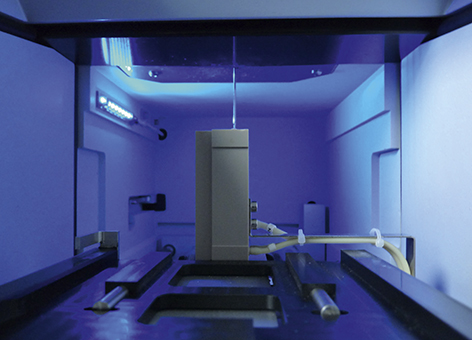Hands-on research expertise for our clients
For more than 20 years, we have been partnering closely and reliably with organizations across industry and research. We tackle demanding scientific and technical challenges, offering solutions to even the most complex questions. Whether you are a start-up, SME, mid-sized company, or global corporation, we understand your unique needs and deliver tailored, practical solutions.
We look forward to presenting you with a customized proposal and building a successful partnership!
 Fraunhofer Institute for Molecular Biology and Applied Ecology IME
Fraunhofer Institute for Molecular Biology and Applied Ecology IME